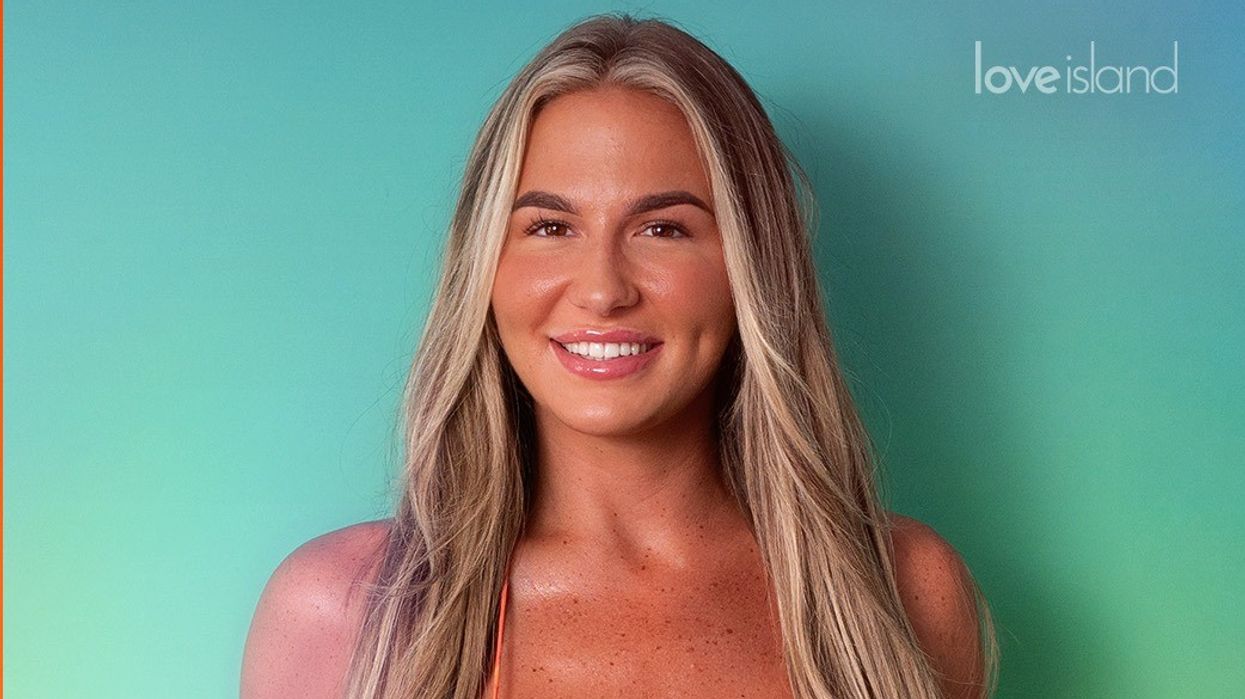WHEN The Guardian asked Krishnan GuruMurthy, one of the most recognisable faces on British television news, what was the most important lesson life has taught him, he replied that he hadn’t learned the most important lesson yet. In the same interview, last month, he said that he wanted to apologise to every offended interviewee.
Known for his innovative and fresh styles, Guru-Murthy, 50, began presenting youth television for the BBC at 18. He went on to report for and produce Newsround and Newsnight. In 1998, he joined Channel 4 News, where he is one of the anchors. As an Oxford student he fronted the Asian current affairs programmes East and Network.
In October last year, he hosted a live debate show titled ‘Live: Divided Britain: The Lockdown Debate’, centred around the coronavirus lockdown measures introduced by the government. It saw participation from politicians, business owners, doctors and scientists on the critical issues facing the UK during the most intense period of the Covid-19 pandemic.
Last year, he was in the news when he suggested Britons donate to food charity to plug free school meal hole. “I wonder how many children’s meals could be paid for if everyone tweeting about child hunger in Britain could afford to donate whatever they spent on their own food in a day to the charity Marcus Rashford supports: FareShareUK,” he wrote on Twitter, which started a debate on social media.
Noted for his no-nonsense interview technique, Guru-Murthy does not shy away from asking tough questions. This can sometimes lead to clashes. On one occasion, Hollywood star and Iron Man Robert Downey Junior walked out on Guru-Murthy after taking exception to a question about his personal life. It should perhaps be noted that Downey has substance issues and has talked about them in the past. In another memorably fractious encounter, movie director Quentin Tarantino refused to answer a fairly standard question about the possible link between on-screen violence and actual violence during an interview about his 2013 film Django Unchained.
“I am shutting your butt down,” the iconic film-maker spat at the laconic Guru-Murthy who, maintaining his characteristic composure, went on to elicit some revealing, entertaining and co-operative responses from his subject during the rest of the interview.
Guru-Murthy’s interview with Conservative MP Ben Bradley in March 2019 is also regarded as something of a classic. The Mansfield MP had voted Remain but has since backed Leave, though without always voting with the government, prompting Guru-Murthy to ask: ‘Why do you get to change your mind?”
An incisive and tenacious interviewer, the format of Ways to Change the World podcast offers its subjects time and the emotional space to engage in discussion and reflection.
In another interview with the highly successful black actor David Harewood (Homeland, Entertaining Mr Sloan, Othello) – Harewood had earlier made a documentary for BBC2 entitled Psychosis and Me, in which he recounted how as a young man in his 20s, and recently graduated from RADA (The Royal Academy of Dramatic Art), he suffered a complete psychotic breakdown – Guru-Murthy got Harewood to elaborate further on the traumatic experience of being restrained by police and sectioned in a mental hospital and then probed deeper to explore the subject of race and how Harewood’s sense of self was subverted by racism while growing up and how that contributed to his breakdown. This style of questioning by GuruMurthy contrasts with the more confrontational approach he sometimes adopts on Channel 4 News in that is gentle, soft and very patient.
A patron of the Duchenne Children’s Trust, Guru-Murthy created the Duchenne Dash, a London to Paris charity cycle ride that he completed in 24 hours. Guru-Murthy grew up in Blackburn and his siblings are also highfliers.
He is married with two children.












